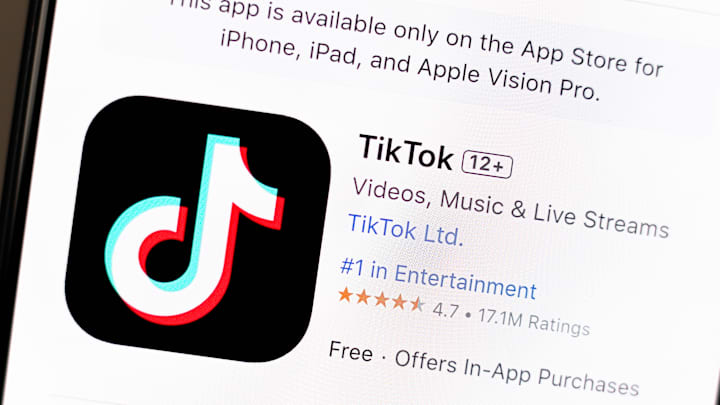The biggest thing that sets content creators and influencers apart is that influencers create content with the specific purpose of selling products and services. Which is why TikTok's rising "underconsumption core" trend may seem concerning on the outside.
In short, "underconsumption core" is the aspiration to consume less, or in this context, spend less money on unnecessary things. It's an aesthetic similar to minimalism, but with a specific focus on financial spending.
People are in the process of becoming "de-influenced" in this way, meaning that they are committing to no longer respond to influencers recommending products and services that cost money. The thinking is that many of these products are not worth the spending, which both saves money over time and, sometimes, avoids excess clutter.
Which, this year in particular, is not a bad thing for the average person struggling to make enough money to live comfortably (read; not have to live paycheck-to-paycheck worrying about being able to afford basic necessities).
But for influencers who often make a living convincing people to buy products or subscribe to services, this may seem concerning. If people aren't buying, how can influencers still support themselves?
Influencers make money in a variety of ways, but selling products does not have to be your primary source of income. If you're a fitness influencer, for example, instead of promoting more expensive workout products, it may be possible to pivot to a focus on affordable fitness, selling services like a subscription to workout videos or memberships to an exclusive online fitness support group.
Or you could take a different approach: encouraging people to consume the things they need, or spend responsibly, without doing so in excess. That's really what lies at the heart of underconsumption core -- showing people that they can still have things they enjoy without feeling they have to purchase every item that seems interesting.
People seem to want to care about the environment, decreasing unnecessary spending, and focusing on things that matter more than filling space with "stuff." Take advantage of that. We can all benefit from it.
